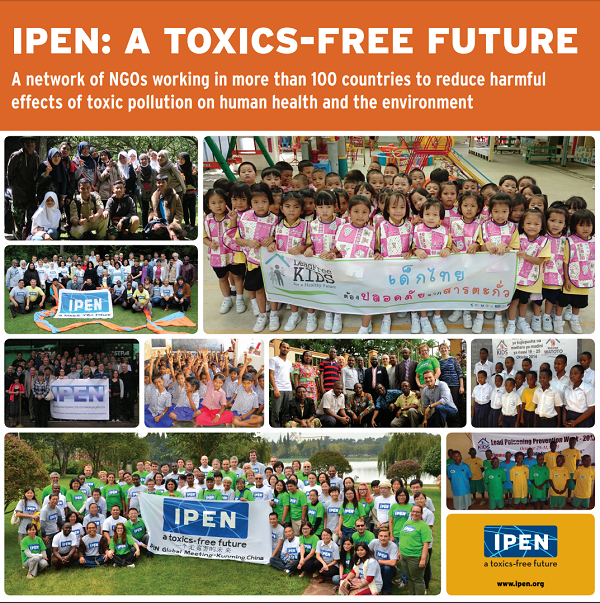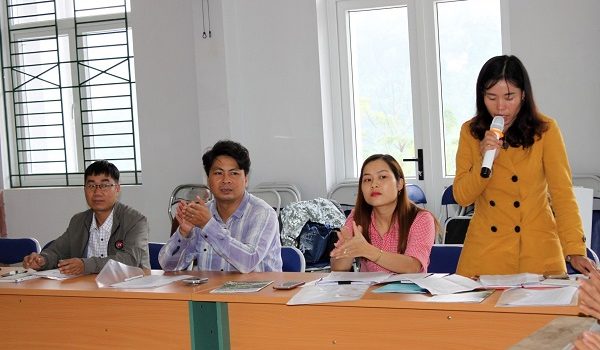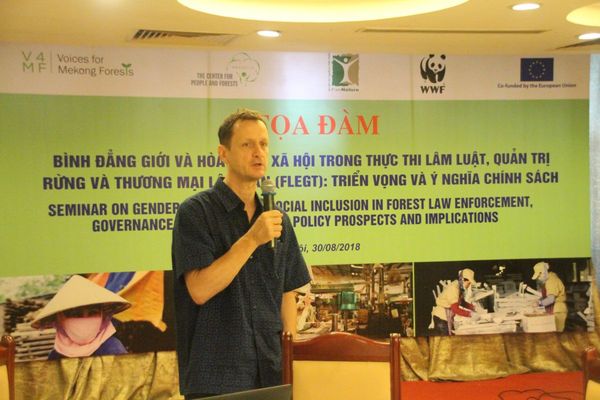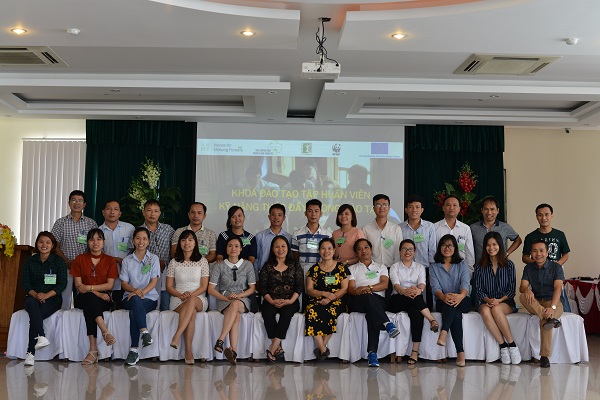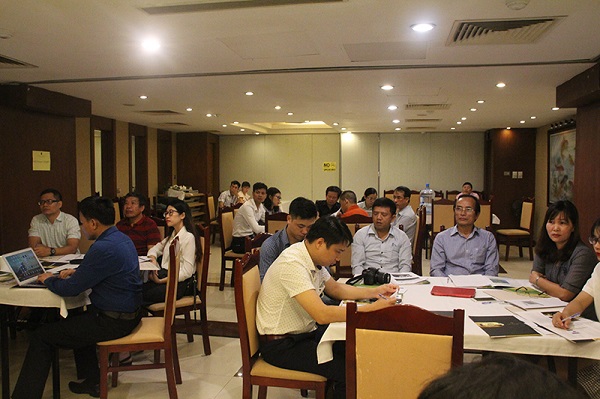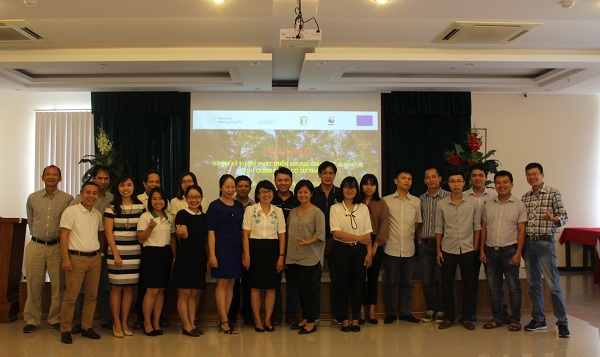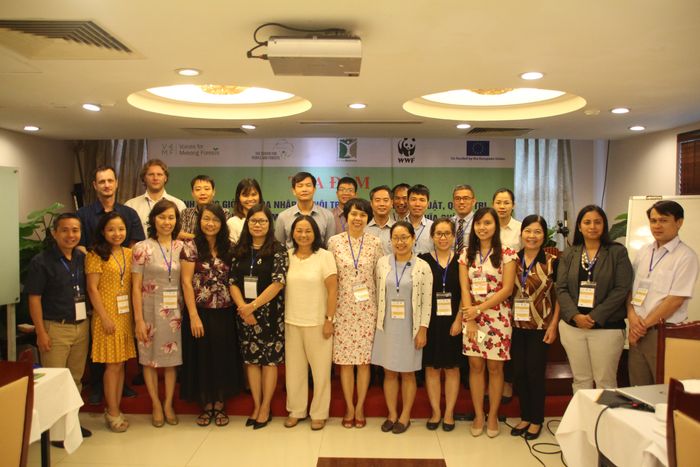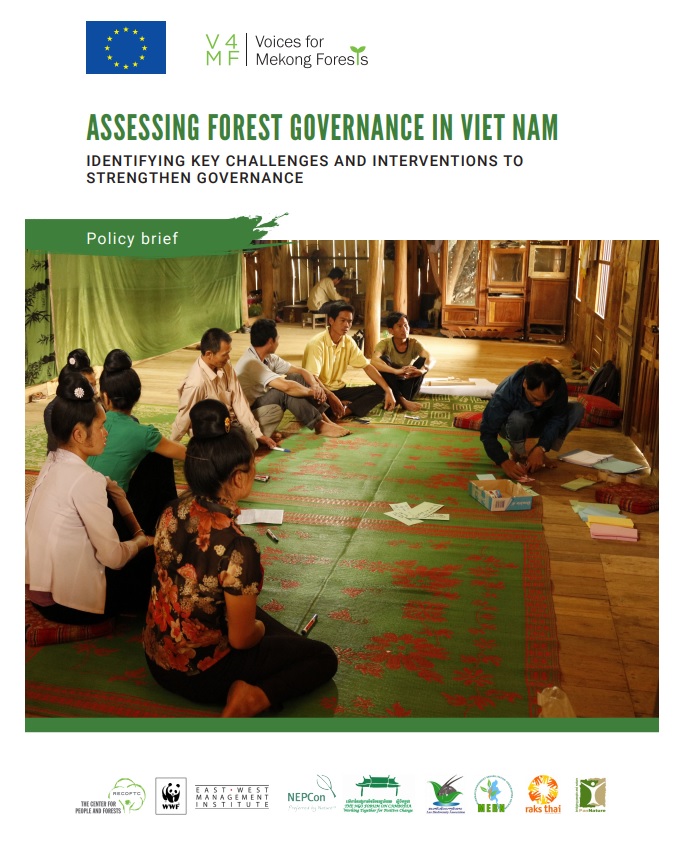PanNature officially joined IPEN – a toxics-free future for all global network
On November 15th, PanNature has successfully registered as a participating organization in IPEN – a global network of public interest NGOs working together for a world in which toxic chemicals are no longer produced or used in ways that harm human health and the environment.

